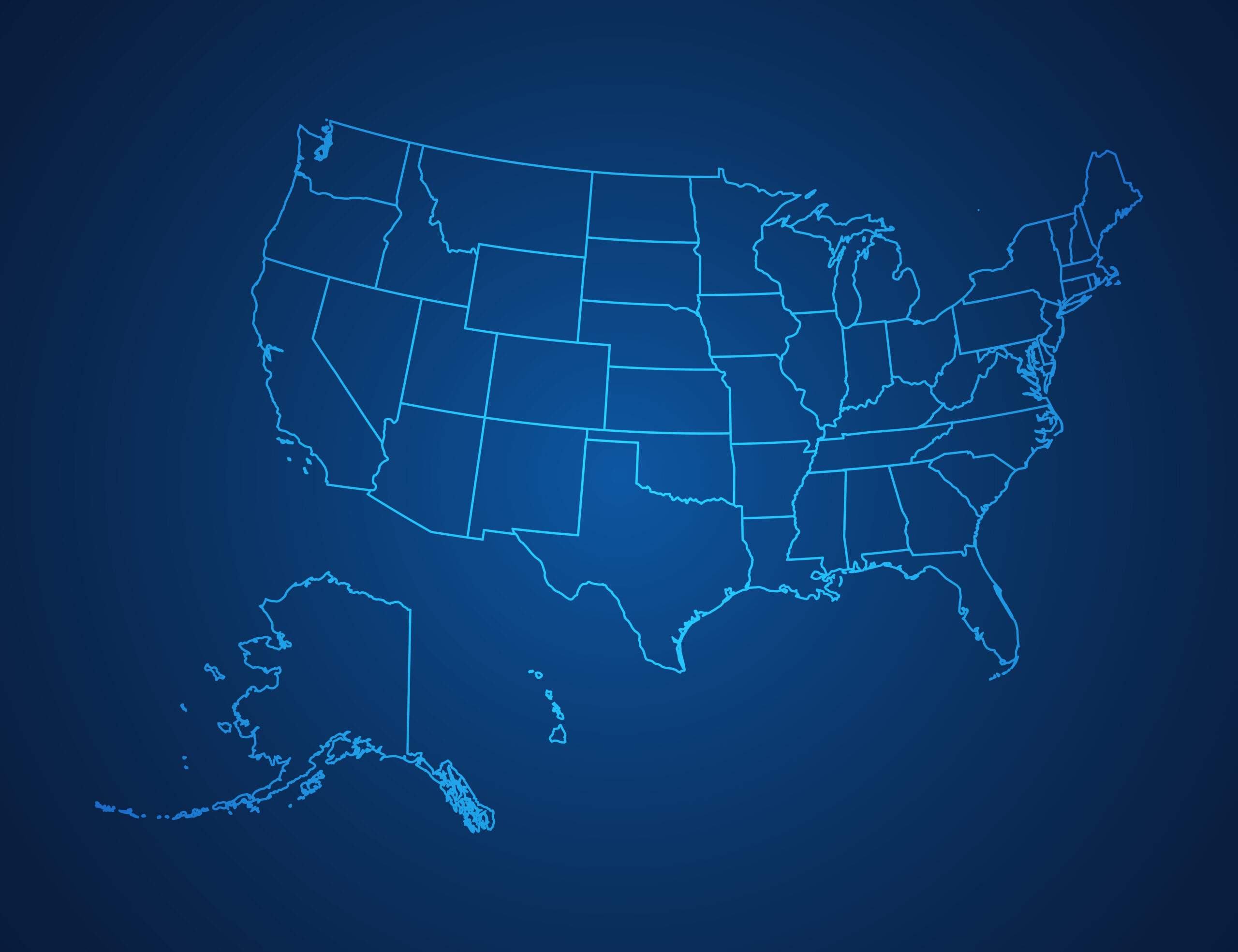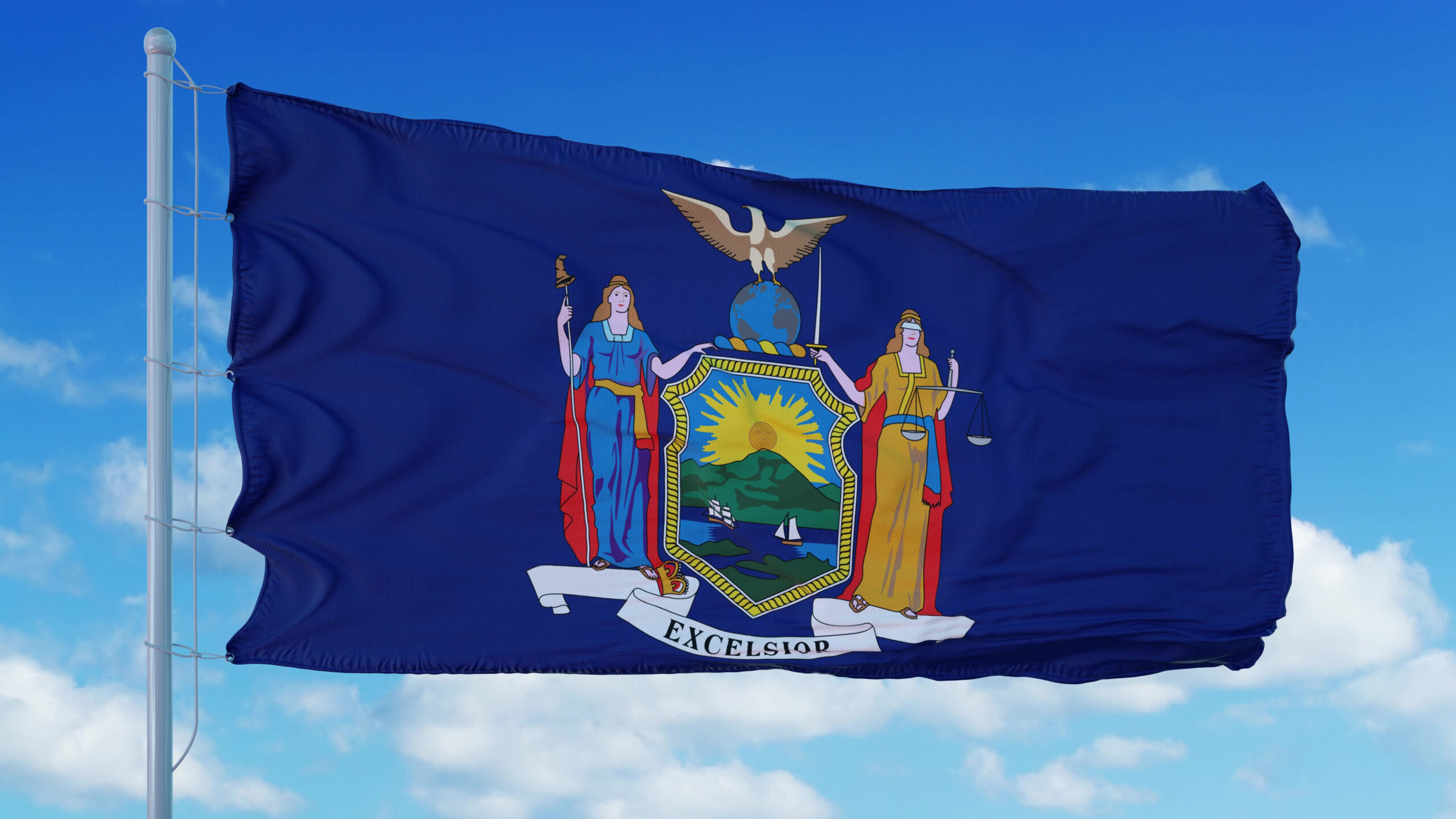
The Multistate AI Policymaker Working Group
The Multistate AI Policymaker Working Group (MAP-WG) is a bipartisan assembly of over 200 state lawmakers from more than 45 states, brought together by the Future of Privacy Forum. The Group’s primary aim is to foster a shared understanding of emerging technologies and related policy issues. FPF convenes and provides an administrative platform for the […]

366fee3a-d7d5-4ad6-887e-3abebe70fa6c
1350 Eye Street NW , Suite 350, W ashington, DC 20005 | 202-768-8950 | fpf.or g Filed online at fcc.gov/ ecfs August 19, 2024 Marlene H. Dortch Secretary Federal Communications Commission Of fice of the Secretary 45 L Street NE W ashington, DC 20554 Re: Public Safety and Homeland Security Bur eau Requests Comment on […]

Updated February 25, 2025: FPF no longer coordinates the Multistate AI Policymaker Working Group
Updated February 25, 2025: FPF no longer coordinates the MAP-WG. Please read here for more information. Future of Privacy Forum Convened Over 200 State Lawmakers in AI Policy Working Group Focused on 2025 Legislative Sessions The Multistate AI Policymaker Working Group (MAP-WG) was convened by FPF to help state lawmakers from more than 45 states […]

Synthetic Content: Exploring the Risks, Technical Approaches, and Regulatory Responses
Today, the Future of Privacy Forum (FPF) released a new report, Synthetic Content: Exploring the Risks, Technical Approaches, and Regulatory Responses, which analyzes the various approaches being pursued to address the risks associated with “synthetic” content – material produced by generative artificial intelligence (AI) tools. As more people use generative AI to create synthetic content, […]

Regulatory Strategies of Data Protection Authorities in the Asia-Pacific Region: 2024, and Beyond
The Asia-Pacific (APAC) region has emerged as a dynamic and rapidly evolving landscape for data protection regulation. As digital economies flourish and cross-border data flows intensify, data protection authorities (DPAs) across the region are grappling with complex challenges posed by technological advancements, changing business practices, and evolving societal expectations regarding privacy. This Report provides a […]

Out, Not Outed: Privacy for Sexual Health, Orientations, and Gender Identities
Co-authored by: Judy Wang (FPF Intern), Jeter Sison (FPF Intern), Jordan Wrigley (FPF Data and Policy Analyst, Health & Wellness) On National Coming Out Day, it’s important to recognize that Coming Out is a right of passage for many LGBTQ+ individuals and a decision that they should be empowered to make for themselves. Protections for […]

Ed_AI_legal_compliance.pdf_(FInal_OCT24)
YOUTH & EDUCATION Vetting Generative AI Tools for Use in Schools David Sallay, Future of Privacy Forum, April 2024 POLICY BRIEF A U T H O R E D B Y D avid S allay D irector for Youth & Education P rivacy A C K N O W L E D G E M […]

FPF Submits Comments to Inform New York Children’s Privacy Rulemaking Processes
At the end of the 2024 legislative session, New York State passed a pair of bills aimed at creating heightened protections for children and teens online. One, the New York Child Data Protection Act (NYCDPA), applies to a broad range of online services that are “primarily directed to children.” The NYCDPA creates novel substantive data […]

FPF-Sponsorship Prospectus-24-25-R7
SPONSORSHIP PROSPECTUS 2024–2025 FPF SPONSORSHIP PROSPECTUS | 1 Please contact Alyssa Rosinski at [email protected] for more information. Why choose to sponsor with FPF? ❱ FPF brand associated with global thought leadership ❱ Access to senior-level privacy professionals with purchasing influence and authority ❱ Receive international visibility within the data protection and privacy community ❱ Ability […]

FPF-Sponsorship Prospectus-24-25-R7 (1)
SPONSORSHIP PROSPECTUS 2024–2025 FPF SPONSORSHIP PROSPECTUS | 1 Please contact Alyssa Rosinski at [email protected] for more information. Why choose to sponsor with FPF? ❱ FPF brand associated with global thought leadership ❱ Access to senior-level privacy professionals with purchasing influence and authority ❱ Receive international visibility within the data protection and privacy community ❱ Ability […]
